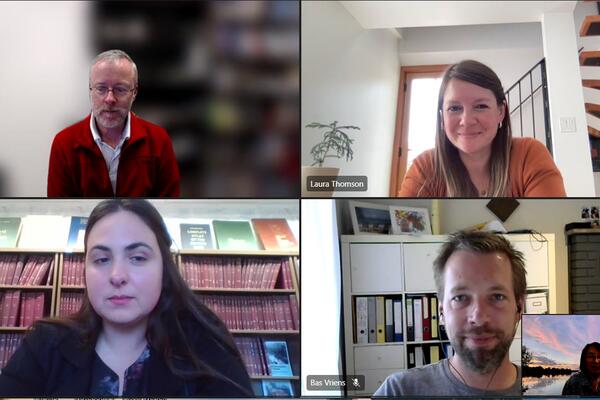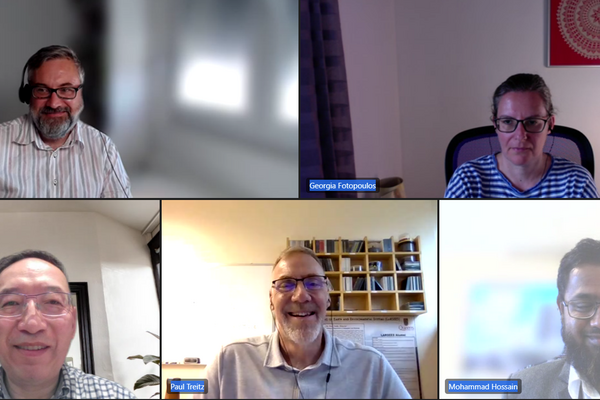Laboratory of Geographic Information and Spatial Analysis (LaGISA)
Research focus
The research goal of LaGISA is to develop the methods and technologies to understand spatial/temporal trends, patterns and structures in large spatial data sets, analyze and model dynamical changes and relationships in environment, ecology and health applications.
The core techniques in LaGISA include geographic information science, remote sensing, spatial analysis and environmental modeling. We use traditional methods available in commercial packages, as well as develop new tools through programming and customization.
Background
Geographic data refer to the recordings of measurements taken at certain places (or locations) and times on earth surface or near earth surfaces. They link place and time to physical/environmental/climate and social, economic, demographic, healthy-related attributes and are the basis for spatial information systems and spatial-related decision makings.
With widespread use of remote sensing, global positioning system (GPS), and geographical information system (GIS) technologies, a great deal of geographic data has been accumulated along with a wide range of spatial and temporal scales. The increasing amount of geographical data demands significant changes in the approach of integrating, analyzing and modeling these data for various applicants.
The LaGISA was established by Dr. DongMei Chen to develop a stimulating environment for research and training on geographic data collection, management, mapping, visualization, analysis, and modeling.
As a training and research facility for senior undergraduate, graduate students and researchers, LaGISA is equipped with state-of-art computing and server capability, as well as software packages on GIS, spatial analysis and image processing, including ArcGIS, ENVI, PCI, IMAGINE, MATLAB, IDRISI, eCognition, etc.
In the past LaGISA has collaborated with companies, local health units, city departments, provincial and federal governmental agencies to address various issues in city and regional planning, disease spreading, land use/cover change, water quality, air pollution, climate changes and others. Students trained from LaGISA have been hired by private companies, governmental agencies and academic organizations.
 Department of Geography and Planning
Department of Geography and Planning![[Logo of Queen's University]](/geographyandplanning/lagisa/sites/lgisawww/files/styles/site_branding/public/2021-09/QueensLogo_blue.png?h=c1f3d162&itok=0SahnWTX)

![[time series data downloader]](/geographyandplanning/lagisa/sites/lgisawww/files/styles/featured_news_feed/public/2023-08/Time-Series-Data-Downloader.jpg?h=47b4e27a&itok=LyZoyDrJ)
